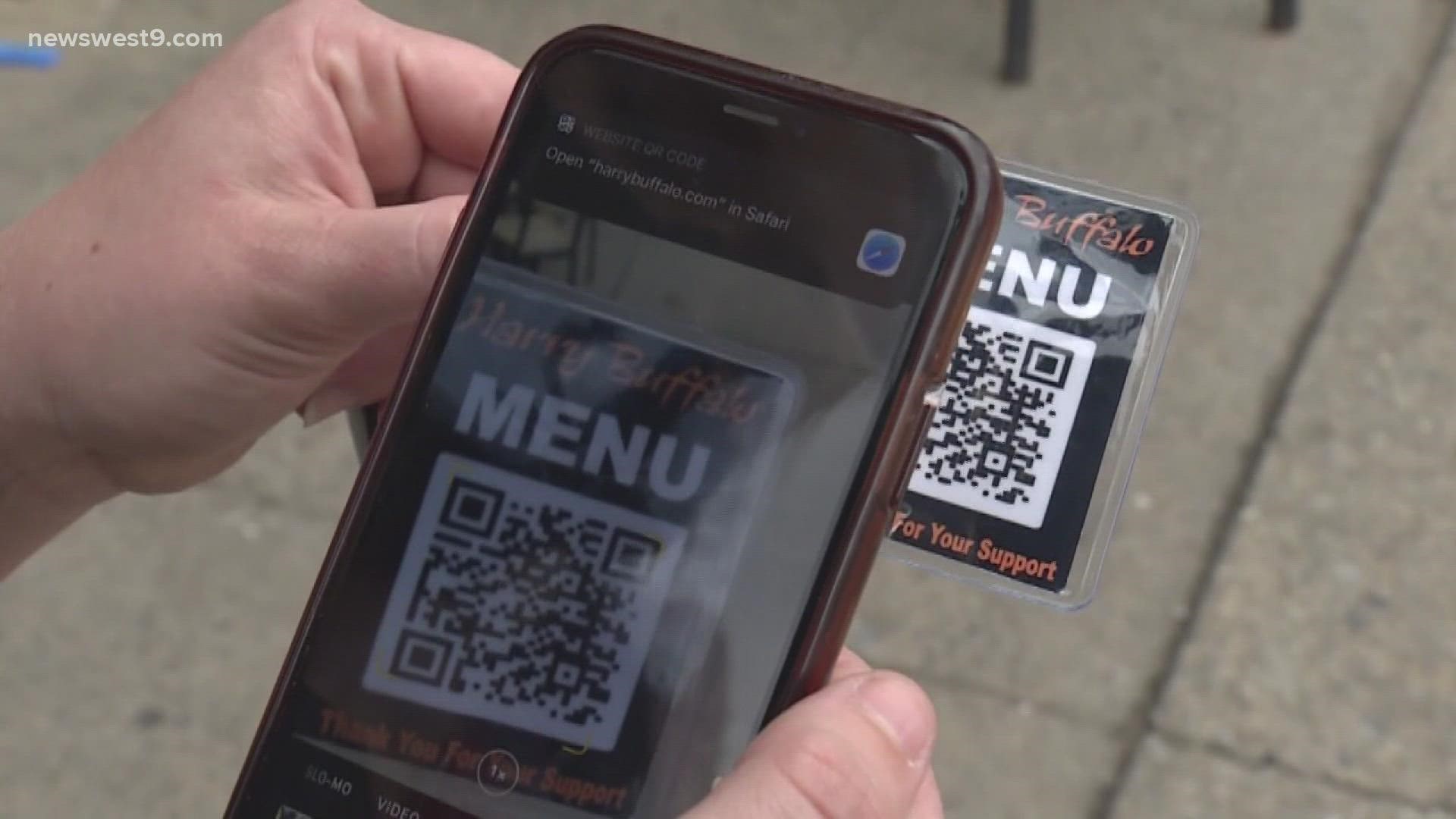MIDLAND, Texas — Scammers are back and this time they're hiding behind QR codes, those little boxes with black bars and dashes that look like barcodes.
You've probably scanned them with your phone at restaurants to bring up menus or used them to download apps.
According to the Better Business Bureau, they're getting more reports of people getting scammed because they used QR codes set up by scammers. These codes are typically sent through emails, texts or by mail.
"People are being sent codes, of course there are those instances where people can replace those QR codes posted somewhere that's a little bit more rare. But what we're seeing is that people are being sent the codes," says Katie Galan, Regional Director of the BBB.
Once you scan the code set up by the scammers, there are one of two ways to get you.
"Either it will direct you to a phishing website, which is a website that tries to get your personal information and banking information," says Galan.
The other way is through malware being installed on your device.
"It is a software that swipes your device, whether that's your phone or your laptop. It basically swipes your device and takes all personal information," she said.
Personal information like password logins, stored banking information or detailed credit card information can be stolen this way.
"I think people don't realize is all scammers need to scam is things like your full name, your date of birth, your full address and when they start getting that information, then they're able to dig a little deeper and get to the meaty stuff like your banking information," says Galan.
Make sure to be mindful and careful of what you scan, so you don't get scammed.
If you think you've may have been scammed you should either report it to the Better Business Bureau scam tracker, Federal Trade Commission or the Texas Attorney General's Office.

